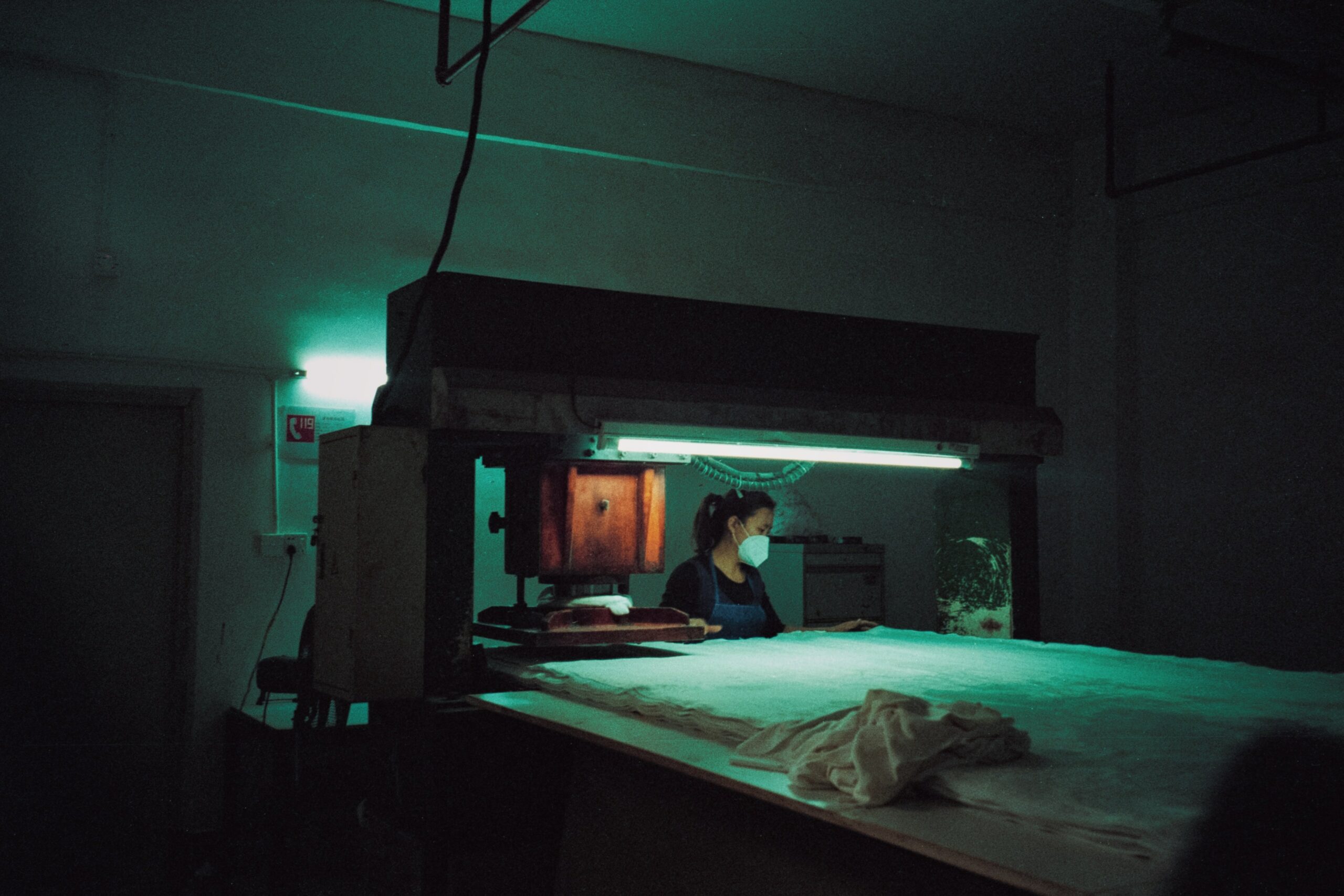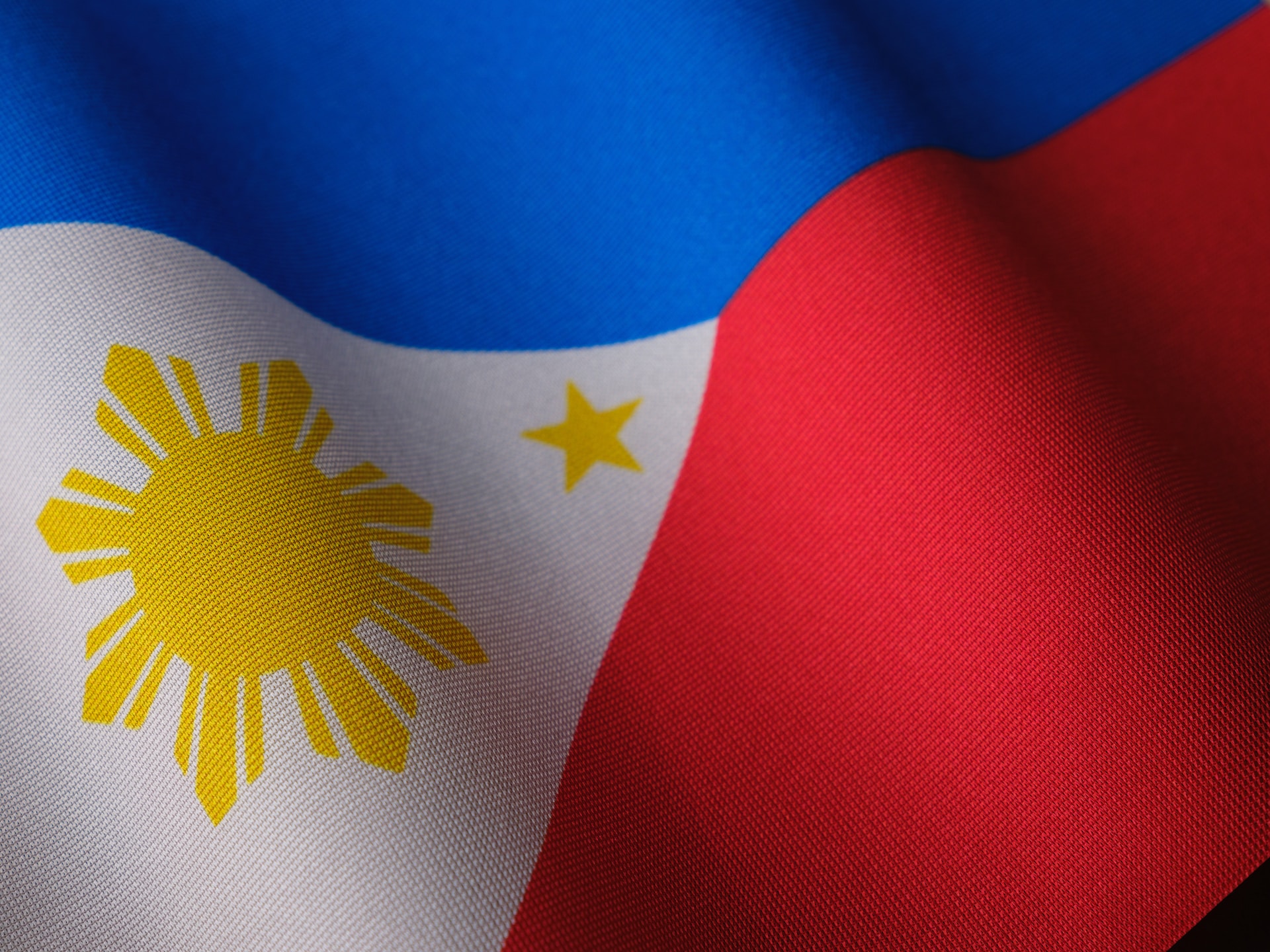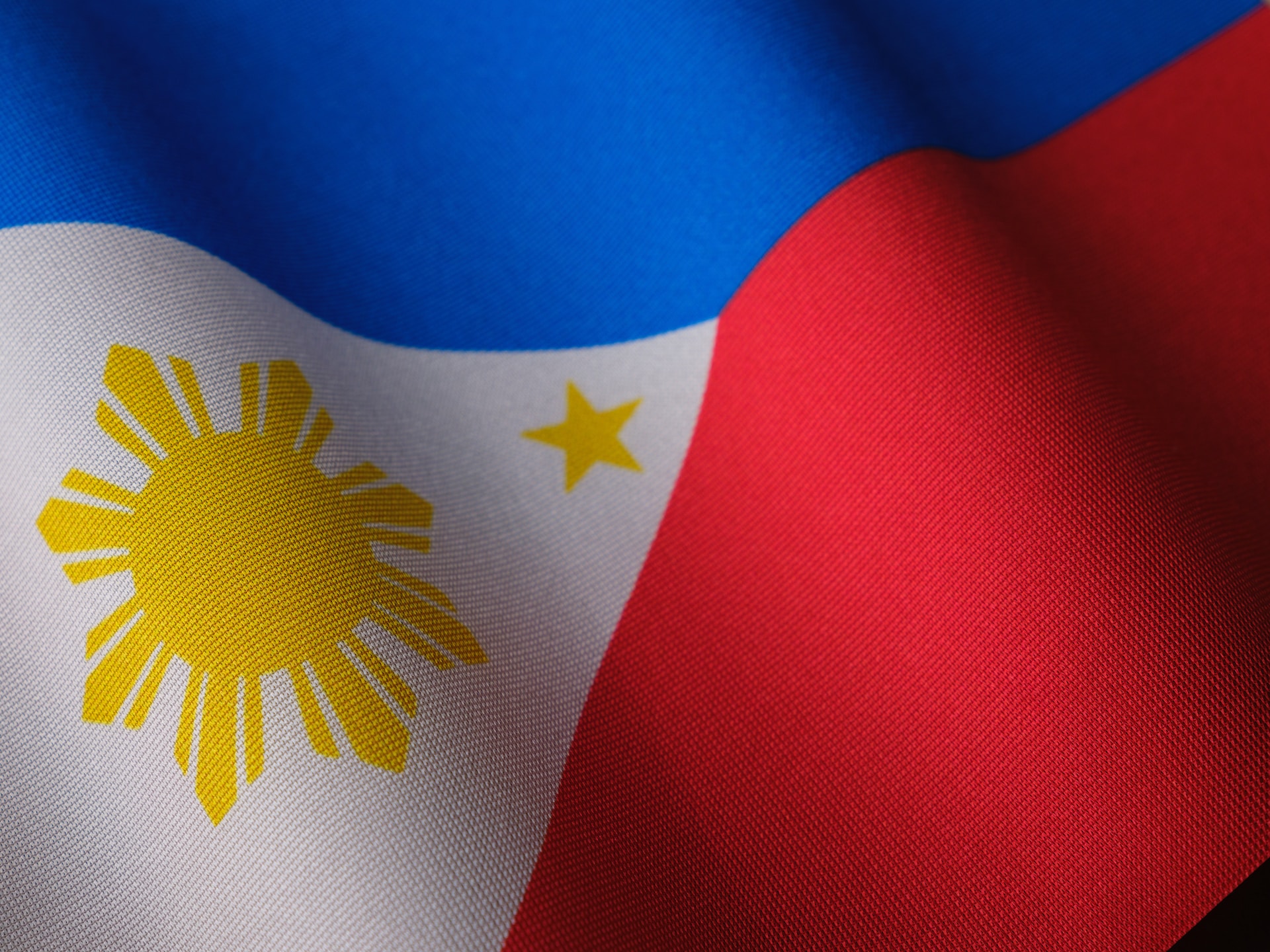The government policy of the Philippines on foreign investment and the role of the Board of Investments have been instrumental in attracting and facilitating foreign investments. The country has made significant progress in improving its investment climate and drawing investors from various sectors. The recent investments of importance, such as the ADB's loan for the Malolos-Clark Railway Project, Toyota's expansion plans, and Sunseap Group's partnership with Ayala Corporation for a solar power project, demonstrate the positive impact of these policies and the BOI's efforts. As the Philippines continues to prioritize and streamline foreign investment initiatives, it can expect to further enhance its economic growth and development, offering new opportunities for both local and international investors. Ultimately, the success of these efforts will contribute to a more prosperous and globally competitive Philippines, fostering an environment of innovation, collaboration, and sustainable progress. By maintaining a proactive approach to attracting foreign investment and continually improving the business climate, the Philippines can look forward to increased economic opportunities, job creation, and a stronger position within the global market.
Government Policy on Foreign Investment
The Philippine government has implemented various policies to create a favorable climate for foreign investment, focusing on the following key areas:
- Investment Protection: The Philippines has signed bilateral investment treaties (BITs) and free trade agreements (FTAs) with numerous countries, which provide guarantees against expropriation, nationalization, and discrimination, and ensure fair and equitable treatment for foreign investors.
- Investment Incentives: The government offers a range of incentives to attract foreign investment, including tax breaks, exemptions on import duties, and access to preferential financing. These incentives target investments in priority sectors such as infrastructure, manufacturing, agriculture, and tourism.
- Liberalization and Simplification of Procedures: The Philippine government has implemented measures to liberalize and streamline administrative procedures, reduce bureaucratic obstacles, and enhance transparency. These efforts aim to improve the ease of doing business in the country and make the Philippines an attractive destination for foreign investors.
The Role of the Board of Investments (BOI)
The BOI is the official government agency responsible for promoting and facilitating foreign investment in the Philippines. The agency plays a crucial role in implementing government policies and strategies aimed at attracting foreign investment. Key functions of the BOI include:
- Providing information and support to potential investors: The BOI serves as a liaison between foreign investors and the Philippine government, offering relevant information about investment opportunities, incentives, and the overall investment climate.
- Facilitating investment procedures: The BOI assists investors in obtaining the necessary permits, licenses, and approvals required to set up a business in the Philippines. It also helps navigate the administrative processes and provides support throughout the investment lifecycle.
- Advocating for policy improvements: The BOI engages with stakeholders, including investors, government agencies, and business associations, to identify areas for improvement and advocate for policy reforms that enhance the investment climate.
Recent Investments of Importance
The Philippines has attracted substantial FDI in recent years, with several significant investments contributing to the country's economic growth. Some noteworthy investments include:
- Investments in the Infrastructure Sector: In 2020, the Asian Development Bank (ADB) approved a $2.75 billion loan for the construction of the Malolos-Clark Railway Project, a major infrastructure project aimed at improving connectivity and reducing traffic congestion in the Philippines.
- Investments in the Manufacturing Sector: In 2019, the Japanese automotive manufacturer Toyota announced plans to invest around $220 million to expand its manufacturing operations in the Philippines, focusing on the production of hybrid electric vehicles.
- Investments in the Renewable Energy Sector: In 2021, the Singapore-based clean energy company Sunseap Group announced a partnership with the Philippine conglomerate Ayala Corporation to develop a $1.9 billion solar power project in the country.
Related Information















